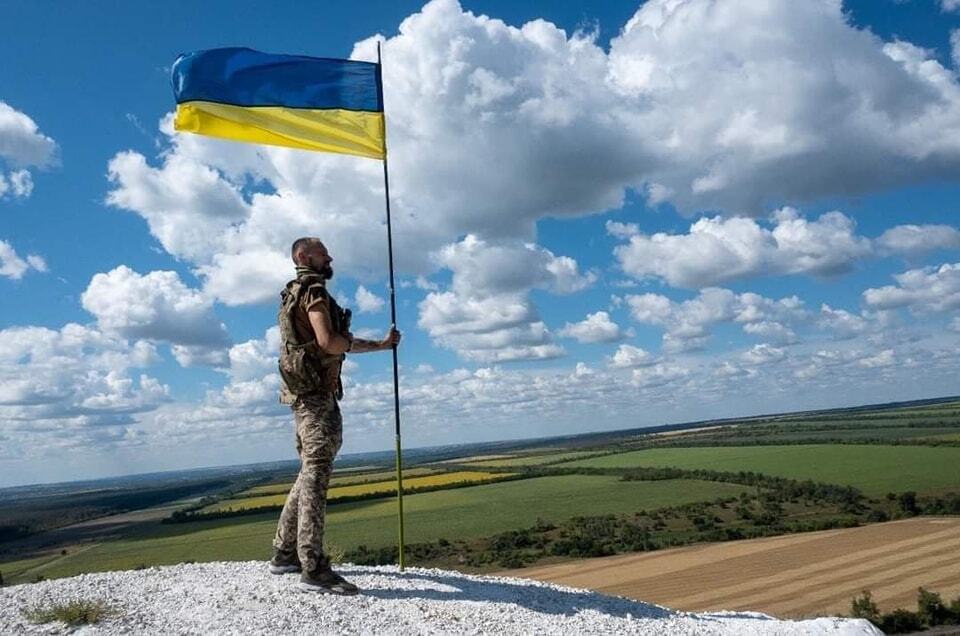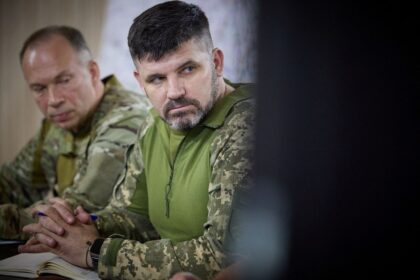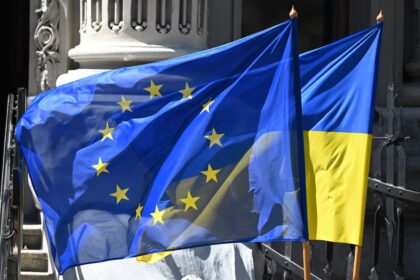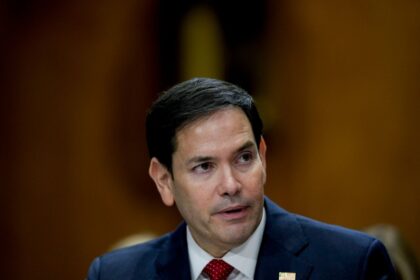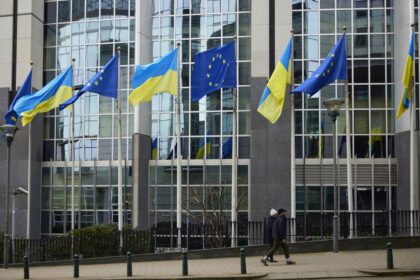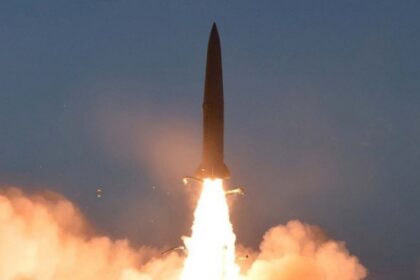**Ukraine’s Victory Plan Faces Skepticism as Allies Question Its Feasibility**
The ongoing Russian war in Ukraine has reached an 11-year milestone, with politicians worldwide scrambling to find a solution. However, the differing end goals of Russia and Ukraine have created a significant hurdle in achieving peace. While Russia aims to hold onto occupied Ukrainian territories and prevent Ukraine from joining NATO, Ukraine is resolute in its pursuit of NATO membership and the retrieval of all occupied lands.
**Zelenskyy’s Victory Plan: A Four-Point Strategy?**
In an effort to secure peace on its terms, Ukraine has crafted a victory plan that President Zelenskyy recently presented to US officials. While the full details are not publicly available, the plan reportedly includes four key points:
1. Defining Ukraine’s position in global security architecture
2. Continuing military operations, including the Kursk operation and isolation of Crimea
3. Strengthening Ukraine’s military capabilities
4. Fostering joint economic development with partners
The plan does not include direct negotiations with Russia but focuses on strengthening Ukraine’s position to compel Russian leadership to negotiate on fair terms.
**”Plan B” for US Non-Support**
Zelenskyy has also mentioned the existence of a “Plan B” in case the US does not fully support the proposed strategy. This contingency plan aims to force Russia to end the war through diplomacy, with Zelenskyy emphasizing that it will be easier to achieve this goal if partners support the initial plan.
**Mixed Reactions from Allies**
The Ukrainian victory plan has received mixed reactions from allies, with some expressing skepticism about its feasibility and others voicing concerns about its clarity. Oleksandr Merezhko, an international lawyer and chair of Ukraine’s Foreign Affairs Committee, argues that a lack of political will among allies is hindering the success of the plan.
Merezhko emphasizes the need for a firmer sanctions regime and criticizes the piecemeal approach to providing aid to Ukraine. He believes that the US must take a leadership role in supporting Ukraine, setting an example for other democratic countries to follow.
**Expert Skepticism**
Other experts have raised eyebrows over the clarity and feasibility of the victory plan. Oleksandr Kraiev, an international relations analyst, points out that the plan has received support from both rival camps – those who lean towards isolationism and those deeply engaged in international affairs.
Kraiev questions whether this is a sign of empty rhetoric or vague wording that can be spun in favor of anyone. This raises concerns about the substance and actionable strategy behind the plan.
**China and Brazil’s “Neutral” Peace Plans**
Merezhko also voices skepticism about the peace plans proposed by China and Brazil, which fall short of addressing the return of Ukrainian territories occupied by Russia. He criticizes these countries for using “empty slogans” about peace and failing to answer crucial questions like supporting the restoration of Ukraine’s territorial integrity.
**Conclusion**
Ukraine’s victory plan faces significant hurdles in its feasibility and clarity, with mixed reactions from allies. While some experts view it as a reasonable proposal based on available information, others raise concerns about its substance and actionable strategy. The ongoing Russian war in Ukraine demands a unified approach from the international community to achieve peace and restore Ukraine’s territorial integrity.
**Sources:**
* Euromaidan Press (2024) – Ukraine Zelenskyy Victory Peace Plan US Elections
* Additional research and analysis




